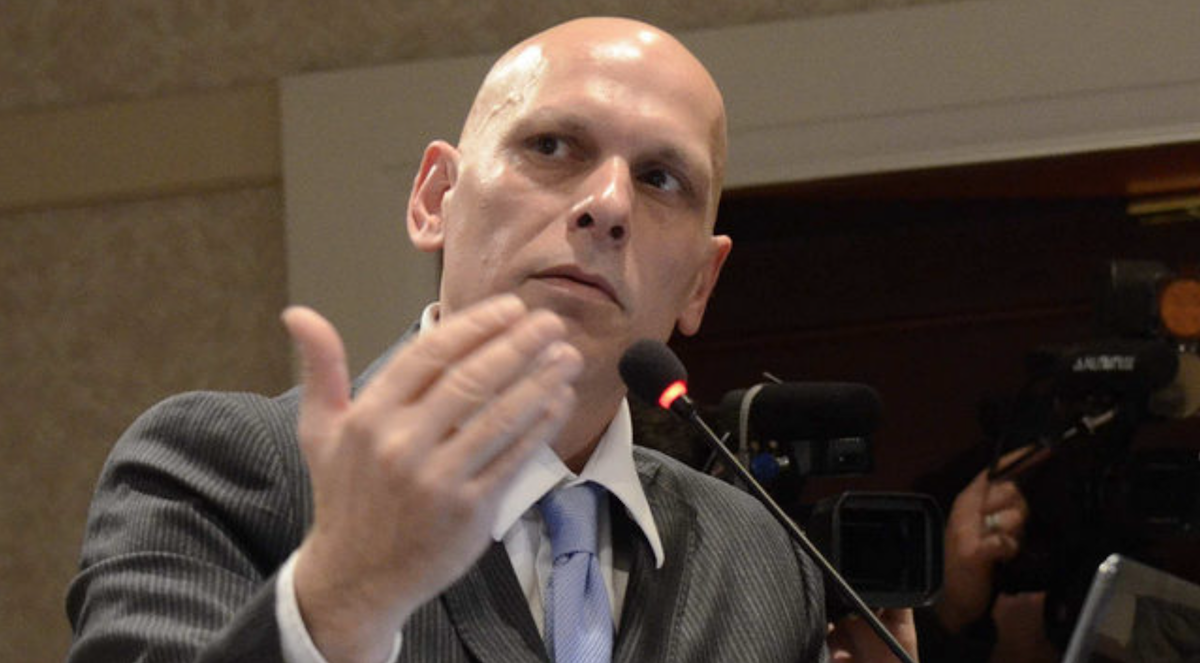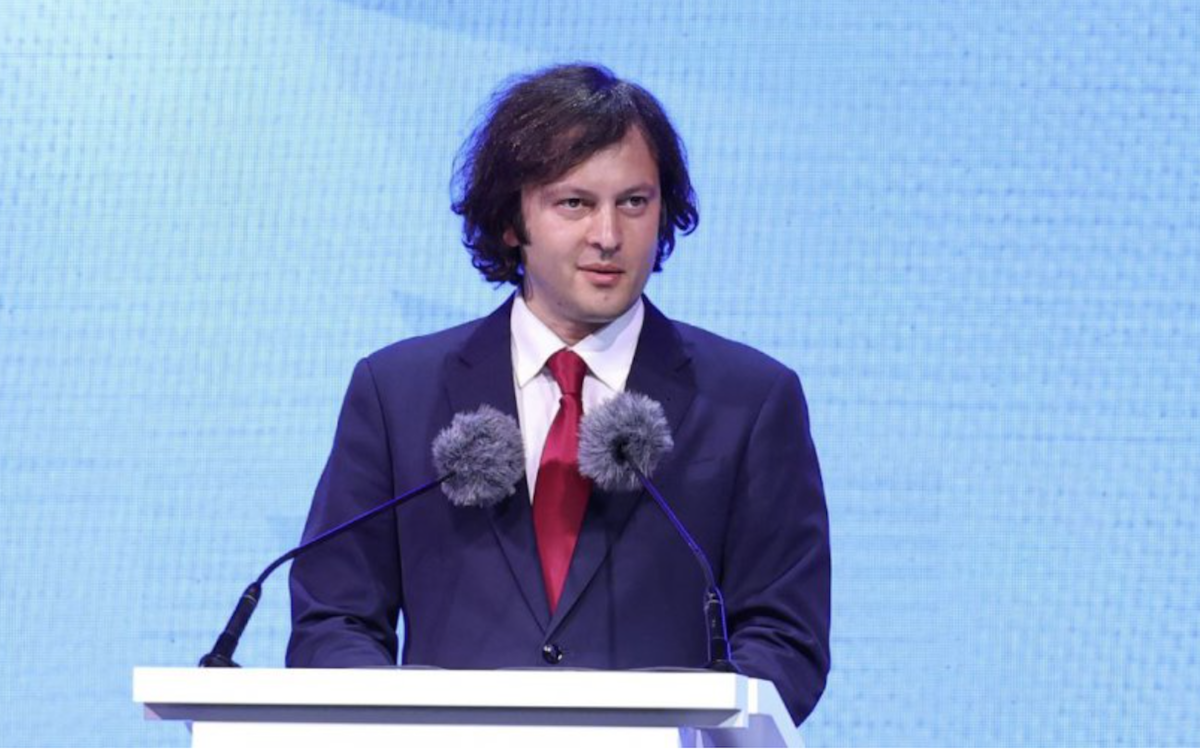Prime minister of Georgia spoke about the "risks of attacks" on opposition leaders
Kobakhidze on attacks against Georgian opposition
Apart from the honorary chairman of the party [oligarch and shadow ruler Bidzina Ivanishvili], the leaders of the radical opposition are also at risk of attack, stated Georgian prime minister Irakli Kobakhidze. He suggested that those opposition leaders who pose the greatest threat are at the highest risk, as attacks on them could be most effectively used to discredit the electoral process and the government.
When asked how the ruling party obtained information about these threats, Kobakhidze responded, “When the opposition is weakened, information starts leaking out, like from a sieve.”
“These issues are constantly being discussed within opposition parties. We’ve seen this before, like what happened with Givi Targamadze [a leader of the United National Movement party whose car was bombed on October 4, 2016, in central Tbilisi, just days before the parliamentary elections]. An attack was organized right before the elections, and by sheer luck, Givi Targamadze survived. If he hadn’t, it would have seriously affected the election process. When the opposition is weakened, information tends to leak out easily.
As a result, we regularly receive information from opposition parties, and we know that these topics are frequently discussed—not just within the [main opposition party founded by Mikheil Saakashvili] United National Movement, but in other parties too.
Opposition parties often talk about potential provocations and incidents like this. The reason is simple: the collective ‘National Movement’ currently has a combined rating of about 25 percent. In this situation, they’re looking for ways to destabilize things. Planning such incidents is part of that strategy,” Kobakhidze said.
He added that the politicians most at risk are those whose attacks could be most effectively used by the collective ‘National Movement’ and its supporters to discredit the election process and the government.”
“We are warning everyone that any such attempt will be met with the full force of the law. We also have information that the radical opposition is actively discussing scenarios that could stir public unrest, similar to the events that followed the crime on Khorava Street [the high-profile murder of schoolchildren in a stabbing incident in central Tbilisi on December 1, 2017].
They are even considering staging high-profile criminal acts, among other things. In this regard, we strictly warn that any attempt to artificially provoke unrest in Georgia will be harshly punished,” said the prime minister.
Kobakhidze also mentioned Bidzina Ivanishvili, noting that the political team of the ruling party, Georgian Dream, is taking “special measures” to ensure the safety of the party’s honorary chairman, who is seen as a key guarantor of peace in Georgia.
“That’s why Bidzina Ivanishvili doesn’t travel by helicopter, and his safety at campaign events is ensured with a glass barrier, which has particularly angered the radical opposition,” Kobakhidze added.
Feedback
Roman Gotsiridze, a deputy from the “Eurooptimists” group, responded to prime minister Irakli Kobakhidze’s statement, labeling it as a continuation of anti-Western rhetoric and effectively indirect support for Russia.
Gotsiridze pointed out that the prime minister’s claim that “opposition leaders could be harmed” constitutes a direct threat to the opposition.
“They [the authorities] don’t say that Russia might target a Georgian government representative. No, Russia is not involved here. The ‘party of global war,’ meaning the West, is fighting Bidzina Ivanishvili, which is why he moves around in an armored glass ‘shower cubicle.’ This statement is a criminal continuation of anti-Western rhetoric. In fact, it’s indirect support for Russia, and it’s both absurd and comical. But the part of the statement about potential harm to opposition leaders is a direct threat: ‘We might blow you up, kill you, or stage something similar, and then blame it on the “party of global war,”’” said Roman Gotsiridze.




















